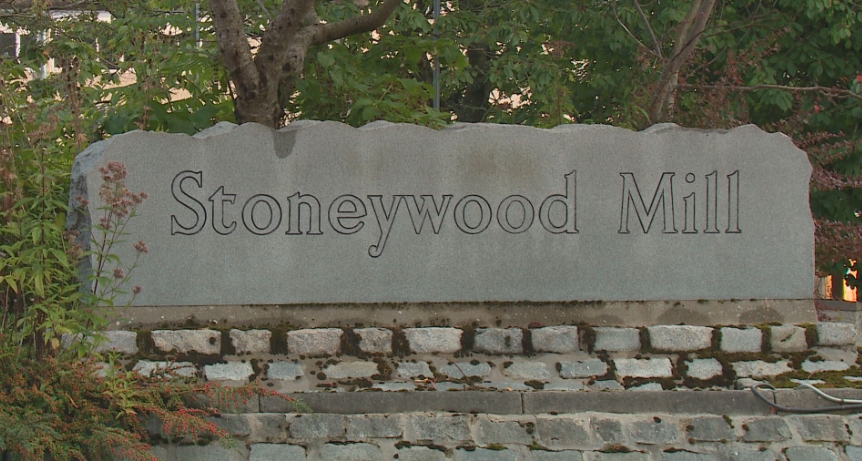More than 100 workers at the Stoneywood paper mill in Aberdeen have won a legal battle over claims they were not properly consulted over redundancy.
Background of the dispute
The dispute arose after the mill’s owner, Arjowiggins Fine Papers Ltd, went into administration in January 2023, putting 500 jobs at risk. The company was later bought by a consortium of Scottish investors, saving 270 jobs, but the remaining 230 workers were made redundant.
The workers claimed that they were not given adequate information or consultation by the administrators, KPMG, before they were dismissed. They argued that this breached the Trade Union and Labour Relations (Consolidation) Act 1992, which requires employers to consult with representatives of affected employees at least 30 days before making any redundancies.
The workers were supported by the trade union Unite, which lodged a claim on their behalf at the Employment Tribunal in Aberdeen.
Tribunal ruling
The tribunal ruled in favour of the workers, finding that KPMG had failed to comply with its statutory obligations to consult with them. The tribunal said that KPMG had not provided sufficient information on the reasons for the redundancies, the selection criteria, the number of workers affected, and the measures taken to avoid or reduce the redundancies.

The tribunal also said that KPMG had not engaged in meaningful consultation with the workers, as it had not considered their proposals or suggestions, and had not given them enough time to respond. The tribunal noted that the consultation period was only 14 days, which was half of the minimum required by law.
The tribunal awarded the workers a protective award of 90 days’ pay, which is the maximum possible under the law. This means that each worker will receive compensation equivalent to three months’ salary, subject to a statutory cap of £4,464.
Reactions from the parties
The workers welcomed the tribunal’s decision, saying that it was a “vindication” of their rights and a “slap in the face” for KPMG. They said that they hoped the ruling would send a message to other employers that they cannot treat workers unfairly and unlawfully.
Unite regional officer Shauna Wright said that the union was “delighted” with the outcome, and that it was a “fantastic result” for the workers. She said that the union had fought hard to secure the best possible deal for the workers, and that the tribunal had recognised that KPMG had acted “appallingly”.
KPMG said that it was “disappointed” with the tribunal’s judgment, and that it was considering its options. It said that it had acted in the best interests of the company and its creditors, and that it had faced “significant challenges” in trying to save the mill. It said that it had consulted with the workers “as far as reasonably practicable”, and that it had followed the guidance of the Insolvency Service.
Implications for the future
The tribunal’s ruling is a significant victory for the workers, who have been campaigning for justice and compensation since they lost their jobs. It is also a reminder of the importance of workers’ rights and collective action, especially in times of economic uncertainty and hardship.
The ruling may also have implications for other cases involving redundancies and insolvencies, as it sets a precedent for how employers and administrators should conduct consultation with workers. It may also encourage more workers to challenge unfair and unlawful dismissals, and to seek legal advice and representation from trade unions and other organisations.
The ruling may also have an impact on the future of the Stoneywood paper mill, which is one of the oldest and largest in Scotland. The mill has been operating since 1770, and produces high-quality paper products for various sectors, including security, luxury packaging, and fine art. The mill is now owned by Creative Paper Holdings Ltd, which is led by Scottish entrepreneur Bob Keiller. The new owners have pledged to invest in the mill and to create new jobs and opportunities for the local community.


















